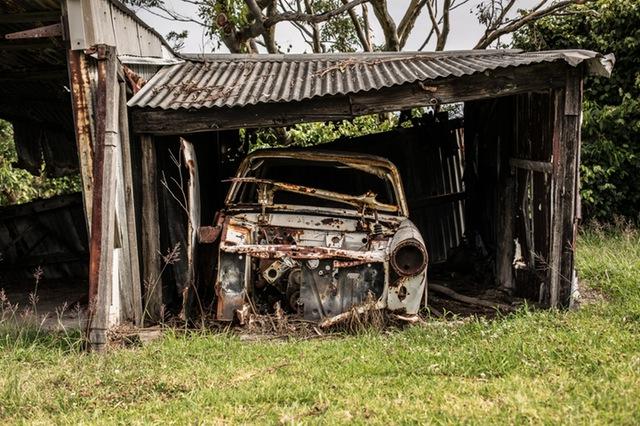An insurance write-off will happen to any car if you keep it running long enough without looking after it. There are thefts and accidents to consider, too, of course. And when we hear the term ‘write-off’, we often think of a major accident and a vehicle that is only fit for scrap. But is this always the case? Read on to find out more about car insurance write-offs, and you might find a few surprises.
What is a car insurance write-off?
Insurance write-offs are split into four categories. Category A is the one we all think of when we use the term write-off – only good enough for scrap metal. Category B is when the vehicle has been in an accident and is severely damaged – it should never be driven on the road again. However, you might be able to salvage some of the parts. Category C write-offs are repairable, but the cost to do so will far exceed that value of the vehicle. And Category D write-offs are when the car could be repaired, but the costs would be too high against the value the vehicle.
What happens with a Category C and D write-off?
As you can imagine, Category C or D write-offs can cause problems. Different companies offer different amounts about the percentage of the car’s value. For example, one insurer might set a limit of 40% of the car’s value, while another offers 50%. And in some cases, you may not feel like your insurer is being fair. There are plenty of incidents of people doing fairly minor things to their cars, and getting a nasty surprise when their insurer writes it off. Depending on the value of your vehicle, a simple paintwork scratch could cost more than 50% of its value to fix – which means you won’t get a payout.

What can I do if I don’t accept the insurer’s decision?
Insurers will often offer lower valuations, so never accept it. It’s the beginning of a negotiation process. Their aim is to limit their exposure, and yours is to get what you can out of them. Unless you can settle on a figure, you don’t have to hand over your car to the insurer. Look up prices of similar models, so you have a strong starting position, and keep bargaining until you get what you feel is a fair offer. It’s also important to remember that you can sell damaged cars, too. You won’t get much, but everything helps when you are looking for a new set of wheels.
Can I buy back my car?
If you intend to buy back your vehicle from the insurer after settling a figure, let them know as soon as possible. It won’t always be possible, but in many cases, the insurer will be happy to get rid of it. Before making your decision, however, always get a mechanic to check it out. You have to have a thorough understanding of what you are buying – and how much you will need to spend to repair it.
I hope this has given you a little glimpse into what you can do when your car is a write-off. Feel free to comment below and share your experiences of write-offs!

